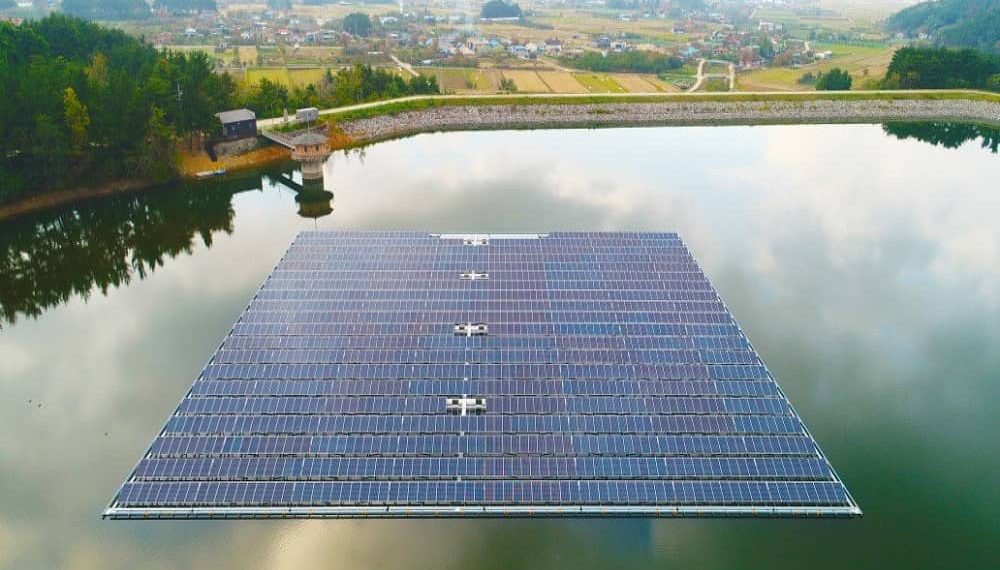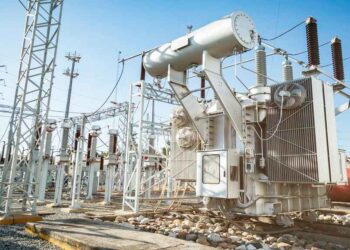RWE Renewables has partnered with the Fraunhofer Institute for Solar Energy Systems ISE and the Brandenburg University of Technology Cottbus-Senftenberg (BTU) to further develop technologies for floating photovoltaic (PV) power plants.
Over a period of three years, the partners will jointly work on a research project called PV2Float to test several floating PV systems with different structure designs in a real-time environment.
Backed by the German Federal Ministry for Economic Affairs and Energy, the PV2Float project aims to develop the potential of floating power plant technology.
Floating power plants installed and tested in this project will help in determining economic efficiency, technical feasibility and the ecological effects of floating PV plants in Germany.
At present, an evaluation for a suitable open pit lake for the implementation is underway. Currently, there are around 500 open-pit lakes in Germany alone, leftover from lignite open cast mining.
According to Fraunhofer ISE, their potential is in the mid-double-digit gigawatt range.
As a project partner, RWE will be responsible for selecting the location and carrying out a comprehensive potential analysis of the German and international market for floating PV.
RWE Renewables Solar Power senior manager Thorsten Miltkau said: “We see great potential for floating PV worldwide. With this research project, we want to deepen our knowledge of the technical possibilities of floating PV systems, such as scalability and energy yield, and transfer the findings to commercial projects.”
The demonstration PV plant will be designed and built along with Volta Solar while solar module manufacturer Heckert Solar will provide novel PV module concepts.
Additional plans include four floating PV installations and a reference installation on land with a total power of around 150kW.
Quality assurance services will be provided by Germany’s VDE Renewables.
The regulatory framework for floating PV plants will be investigated by Fraunhofer ISE, which is also developing the procedure for local stakeholders’ participation.
The institute will also be engaged in conducting durability tests on the individual system components and further develop PV modules and simulation models on energy yield. Its researchers will also investigate the economic viability of floating PV.
BTU Cottbus-Senftenberg and the Institut für Wasser und Boden Dr Uhlmann in Dresden will monitor the aquatic ecology.










































